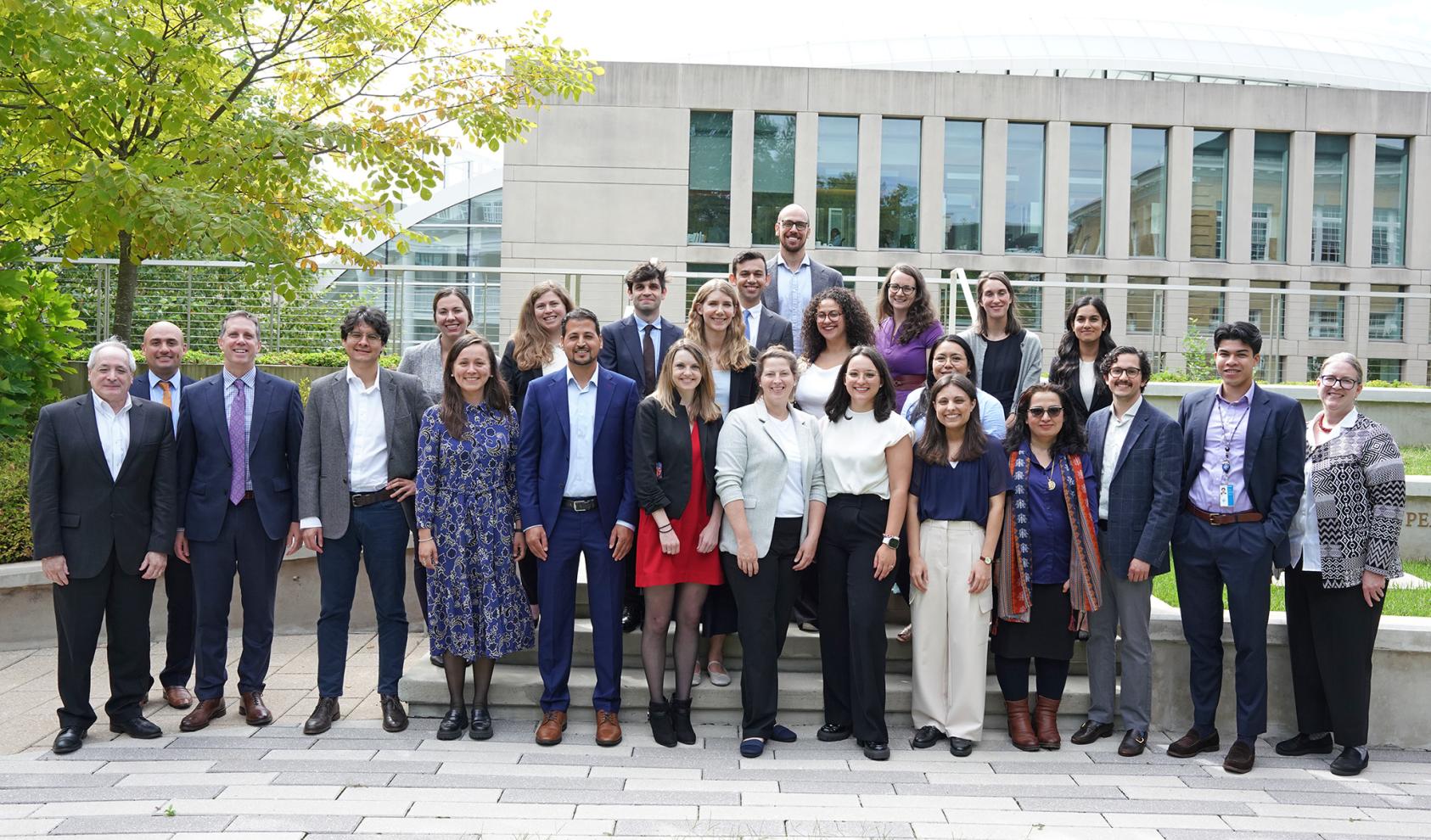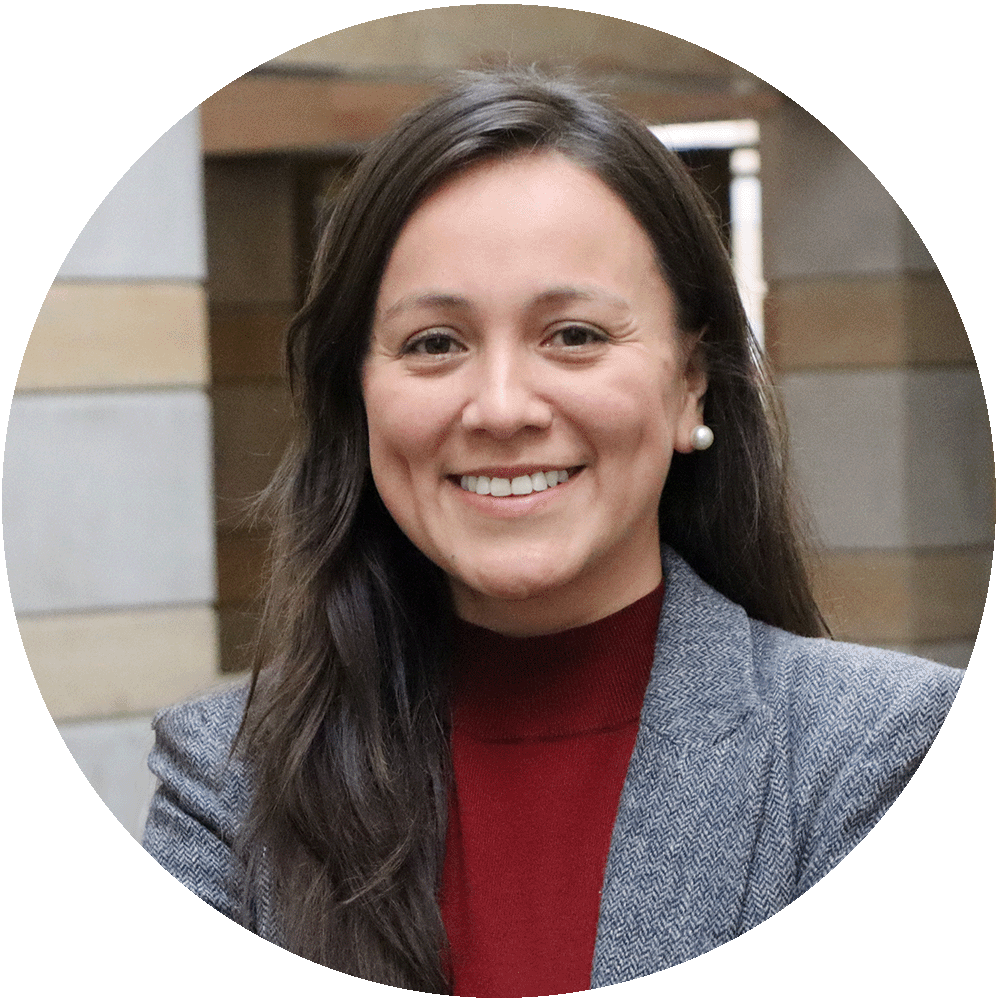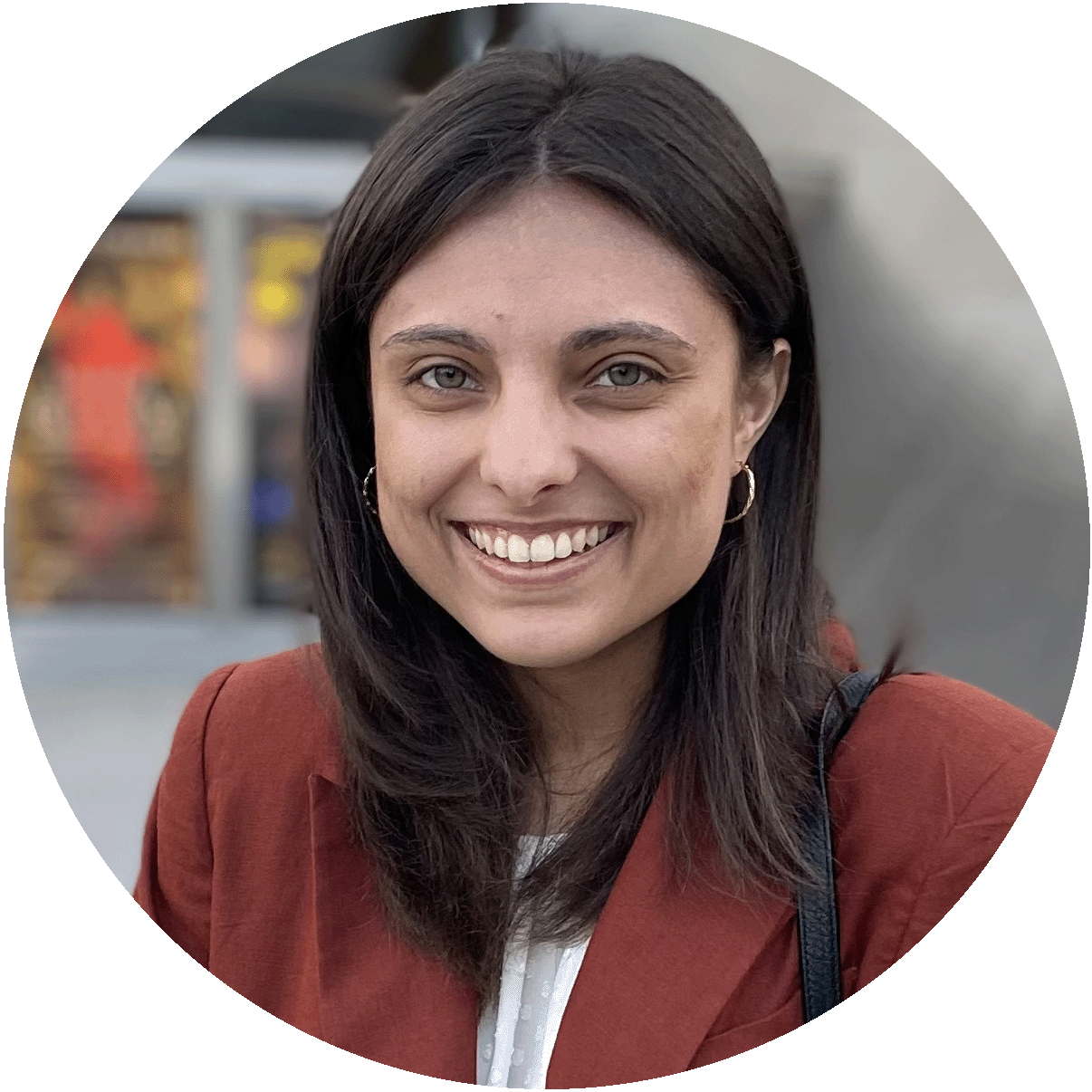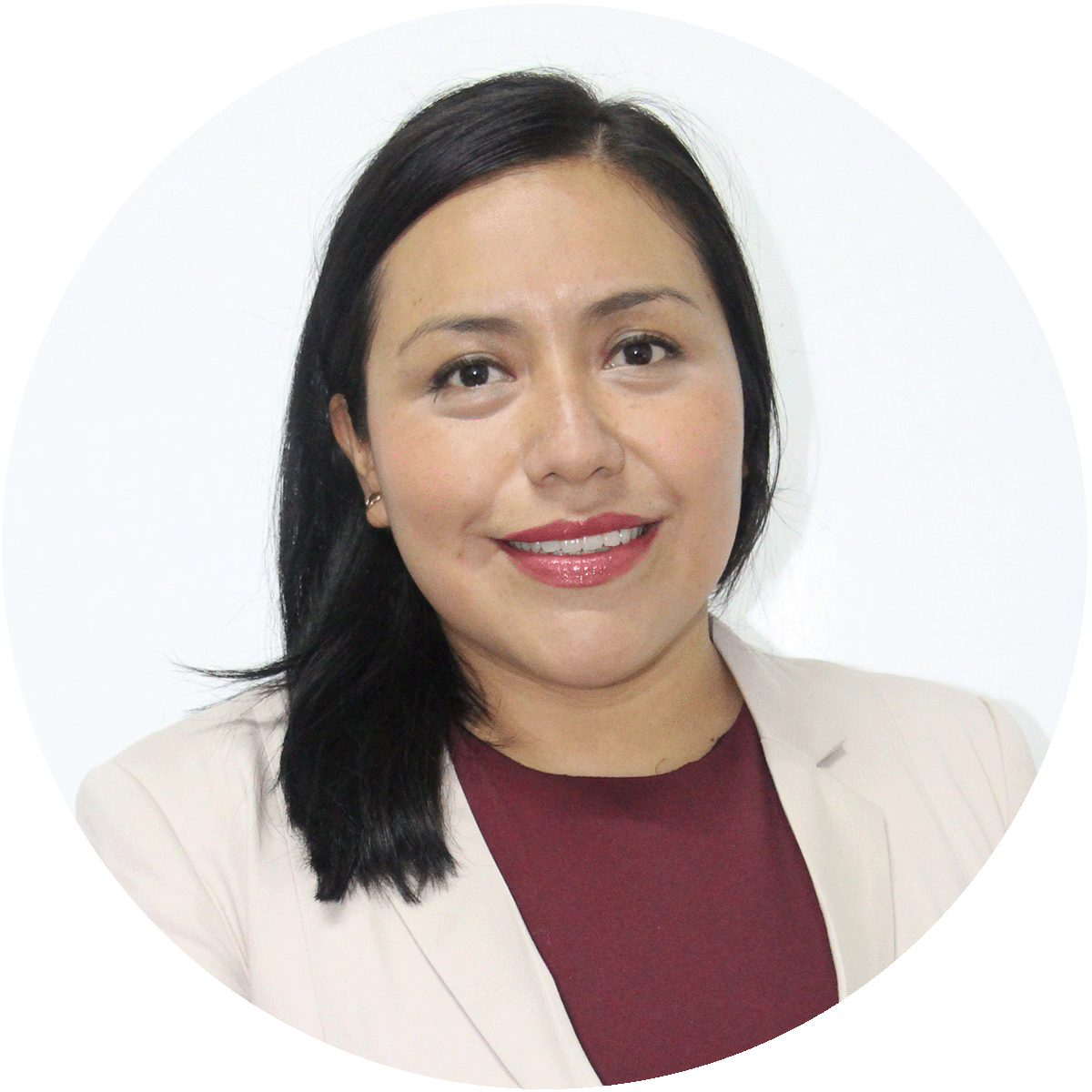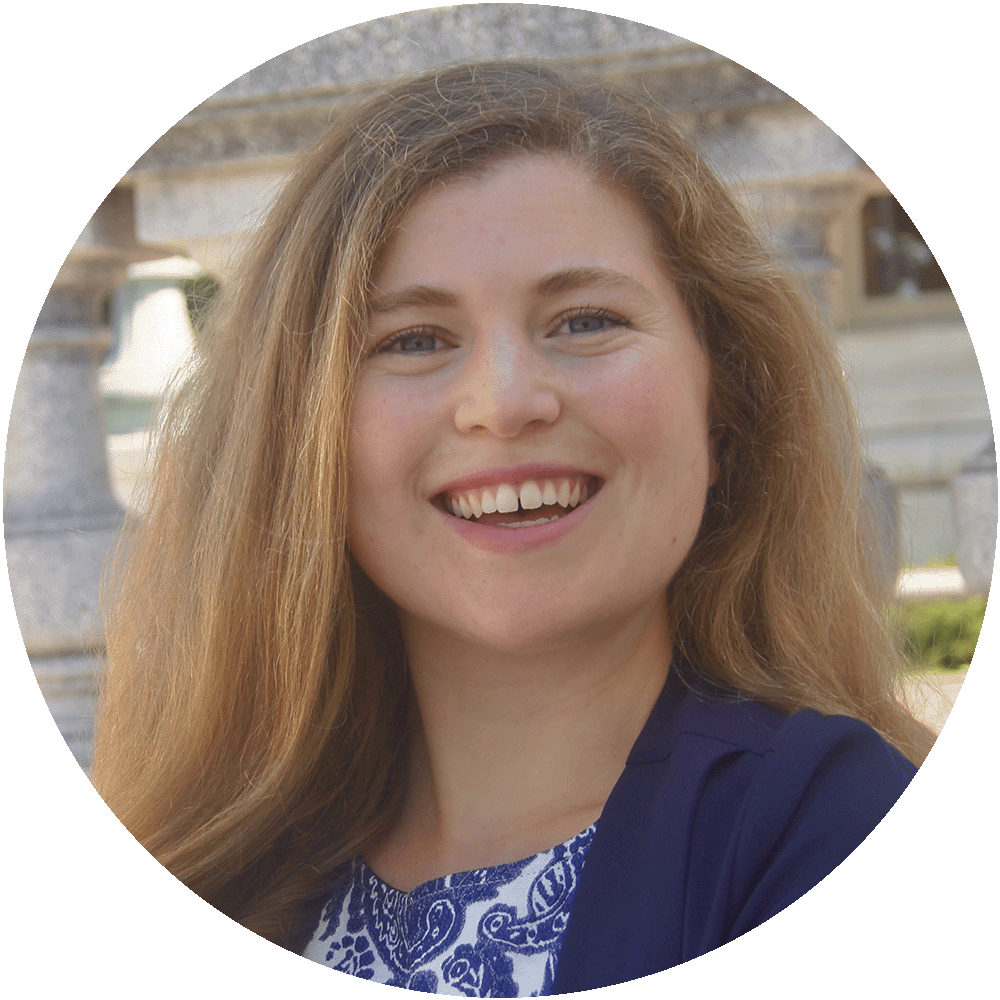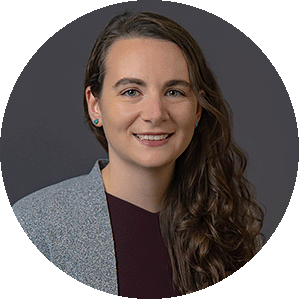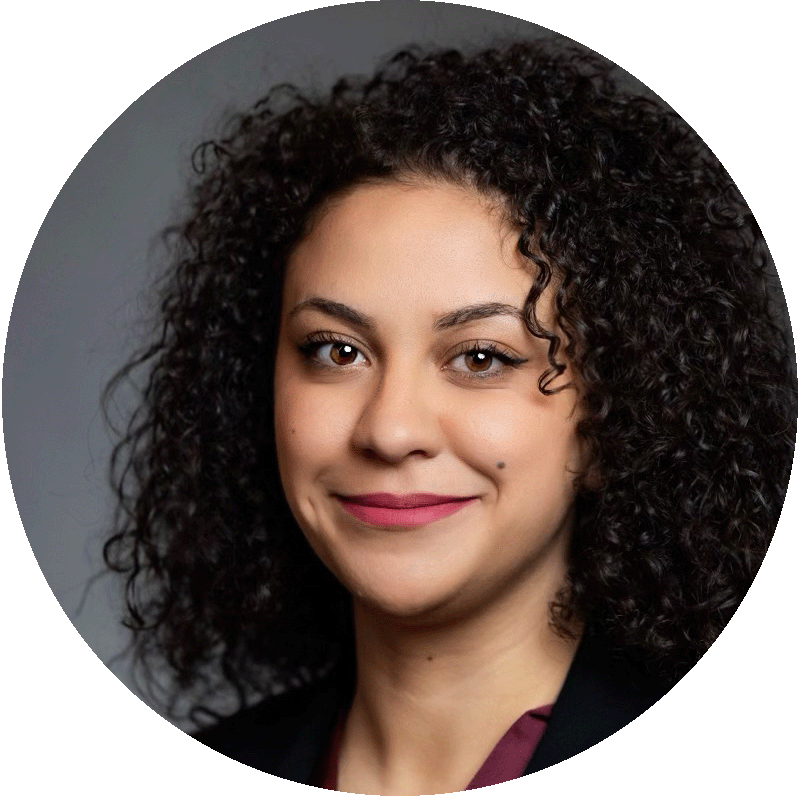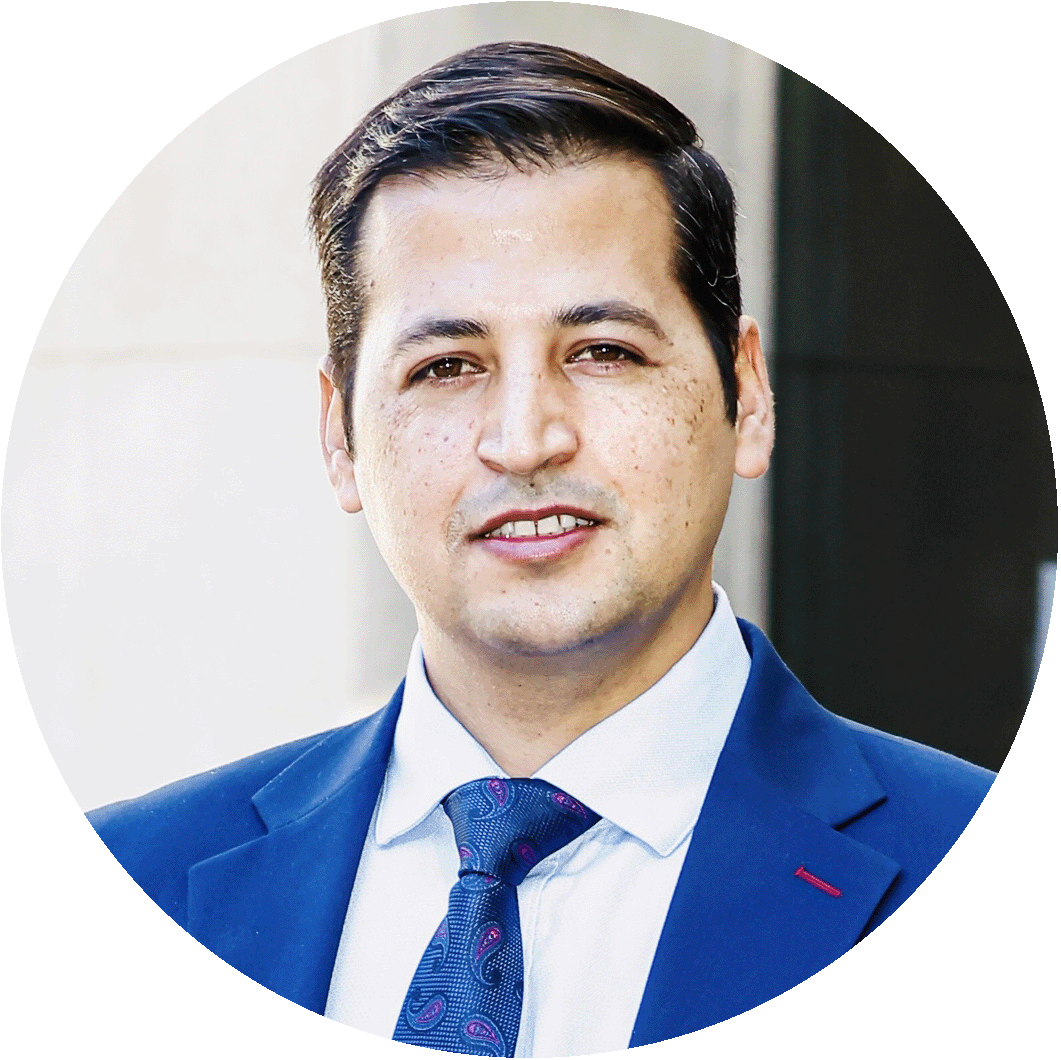
Nangyalai Attal
Nangyalai Attal’s research addresses how a reductionist concept of Jihad was promoted among Afghan children in Afghanistan and Pakistan during the Cold War. Scholars of Islam and historians of the history of Islam have multiple interpretations of Jihad, often inclining toward peace and sometimes toward war. The first-ever use of Jihad in schools or madrassas as foundational learning occurred in the 1980s in Afghan refugee camps in Pakistan and Afghanistan focused on violent Jihad. This form of Jihad continues to permeate all other forms of Jihad in shaping the Afghan society and beyond to this day.
Biography
Attal is an adjunct instructor of international education at the University of Massachusetts, Amherst. His research focuses on curriculum and peace education and the intersecting role of education in crisis and conflict contexts. Attal’s research has been published by the Journal of Discourse: Studies in the Cultural Politics of Education and the Comparative Education Review. Attal holds an master's degree in human resources management from Golden Gate University, where he was a Fulbright scholar, and a bachelor's degree in in English language and literature from Kabul Education University.
Minerva Peace and Security Scholar
- Ph.D. Candidate
- University of Massachusetts Amherst
- "Jihad Literacy: The Legacy of US-sponsored Textbooks for Children in Afghanistan and Pakistan."
